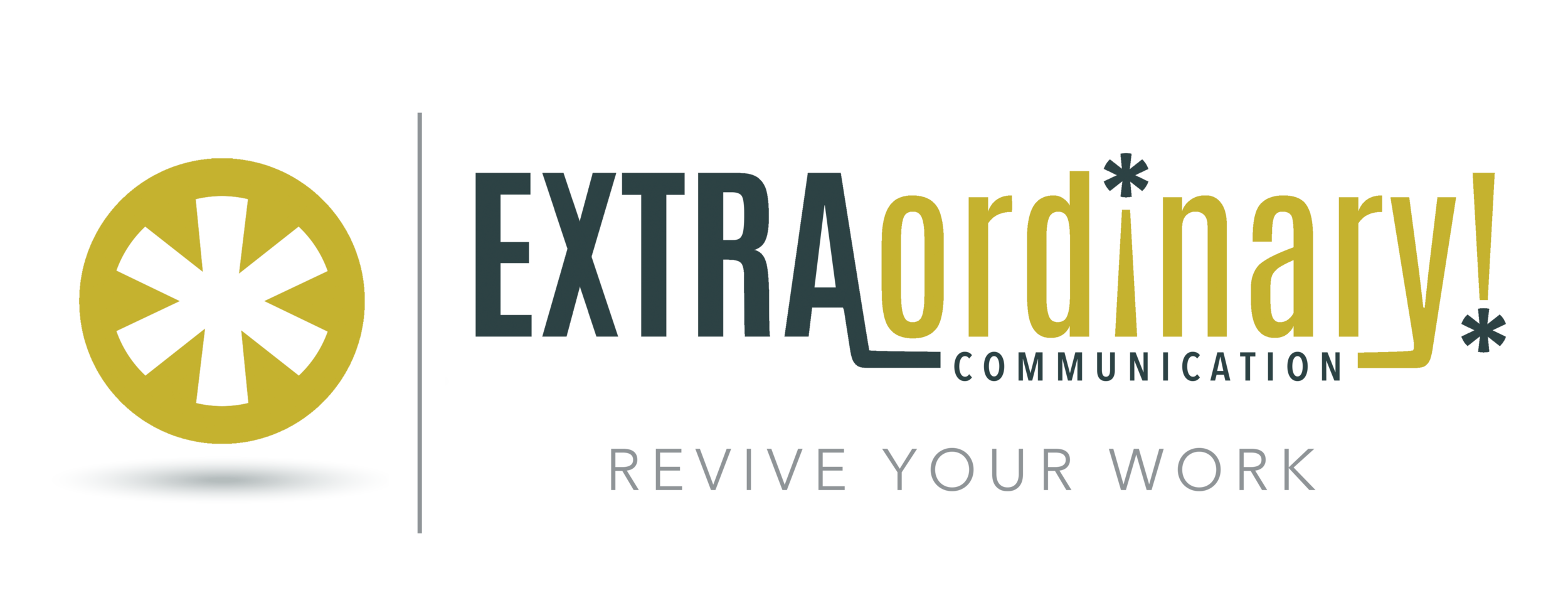E-couragement: What Does It Take?
 “The difference between a hobby and a profession is practice.” Rich Schlentz
It’s 8:12 on a Wednesday morning and the two-day learning event I’m facilitating has just kicked-off; this is the moment when I recognize the achievement of my client. Standing before fourteen sales and marketing professionals, I refer to their accomplishment: six consecutive quarters of top line sales growth; impressive results given the economic challenges plaguing many industries. This is a group of high achievers with the numbers to back it up. My mind begins a side conversation, wondering: What is it that causes people to reach the top of their profession? What’s the magic bullet that launches individuals towards high levels of success? Almost in the same moment, the answer becomes crystal clear.
“The difference between a hobby and a profession is practice.” Rich Schlentz
It’s 8:12 on a Wednesday morning and the two-day learning event I’m facilitating has just kicked-off; this is the moment when I recognize the achievement of my client. Standing before fourteen sales and marketing professionals, I refer to their accomplishment: six consecutive quarters of top line sales growth; impressive results given the economic challenges plaguing many industries. This is a group of high achievers with the numbers to back it up. My mind begins a side conversation, wondering: What is it that causes people to reach the top of their profession? What’s the magic bullet that launches individuals towards high levels of success? Almost in the same moment, the answer becomes crystal clear.
Practice. That’s the secret. Though it’s really not a secret at all. Deep down we hold out hope that the “magic answer” of success will be exciting and sexy; practice is neither. Most people will tell you they hate to practice; it can be boring and tedious. Alan Iverson, in his prime, was arguably one of the greatest NBA scoring guards. He’s also famous for ranting to the press about being called out for missing a practice. I wonder how this attitude contributed to the abrupt end to his career.
In his book, Outliers: The Story of Success, Malcolm Gladwell examines the factors that contribute to high levels of success. Throughout the book, Gladwell repeatedly points to the “10,000-Hour Rule.” He claims that the key to success in any field is, to a large extent, a matter of practicing specific tasks for a total of approximately 10,000 hours.
Being a professional in anything takes commitment—whether you’re called to be a professional artist, musician, writer, accountant, manager, truck driver, landscaper, marketer, salesperson or stay-at-home parent. Consider the words of Steven Pressfield from The War of Art: “The amateur plays for fun. The professional plays for keeps. To the amateur, the game is his avocation. To the pro it’s his vocation. The amateur plays part-time, the professional full-time. The amateur is a weekend warrior. The professional is there seven days a week.”
You owe it to yourself, and this Universe, to be outstanding in your chosen profession. Why are you here? For what reason have you shown up? What talent is uniquely yours? How are you to give it away? Your profession is just that, giving away your gifts and fulfilling your purpose. That is where your practice lies. Choose to do the work necessary to grow and develop your profession. Begin, or continue, your march toward accumulating your very own 10,000 hours of practice. If you work long and hard enough, you might even become an overnight success.
What do you think? What else, besides consistent practice, might lead a person to the top of their profession or trade?
